Severity: 8192
Message: Creation of dynamic property CI_URI::$config is deprecated
Filename: core/URI.php
Line Number: 201
Backtrace:
File: /home/jxlutxhi/public_html/index.php
Line: 962
Function: require_once

If you're visiting Nigeria for the first time, understanding how to exchange foreign currencies, particularly U.S. dollars (USD), is essential for a smooth and hassle-free stay. Nigeria is a vibrant country with a booming economy, diverse cultures, and bustling cities where cash remains king. While major hotels and international establishments may accept credit cards, most day-to-day transactions rely heavily on cash.
Given the volatility of Nigeria’s exchange rates and the complexities surrounding foreign exchange (forex), it's vital to know where, when, and how to exchange your foreign currency to get the best value. This guide provides a detailed analysis of how to exchange U.S. dollars and other currencies in Nigeria, the different exchange platforms available, the regulatory landscape, safety precautions, and expert tips to maximize your exchange experience.
Nigeria operates a dual exchange rate system, with distinct exchange rates in the official and parallel markets. Understanding these systems will help you make informed decisions when exchanging your money.
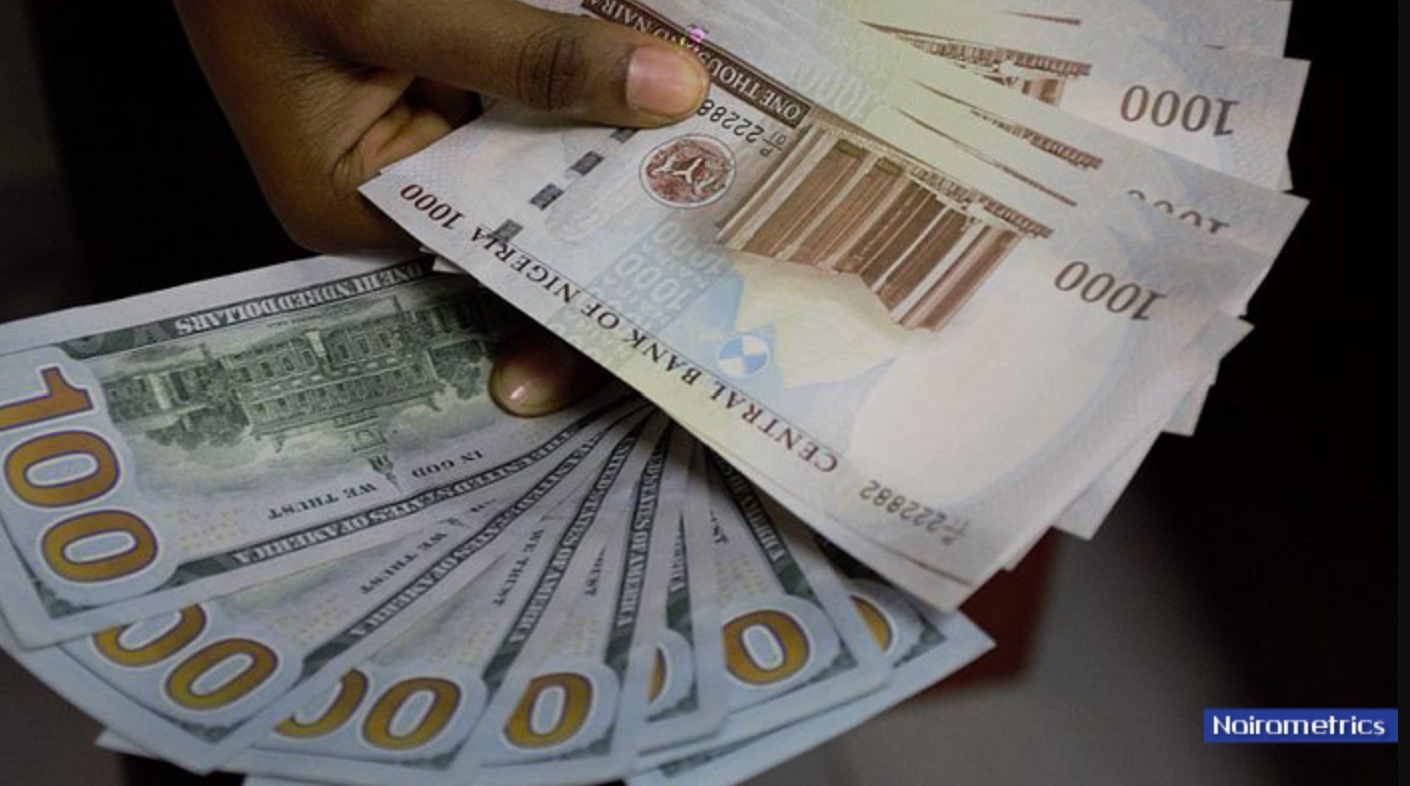
The official exchange rate is determined by the Central Bank of Nigeria (CBN). This rate applies to transactions conducted through authorized dealers, including commercial banks, and is generally lower than the parallel market rate. However, access to foreign exchange at the official rate is often limited, with strict regulatory requirements and longer processing times.
 Market Rate.png)
The parallel market, also known as the black market, operates outside the regulatory framework of the CBN. Exchange rates in the parallel market are driven by market demand and supply and are usually higher than the official rate. Most tourists and individuals seeking quick access to foreign exchange often resort to the parallel market due to its convenience and ease of access.

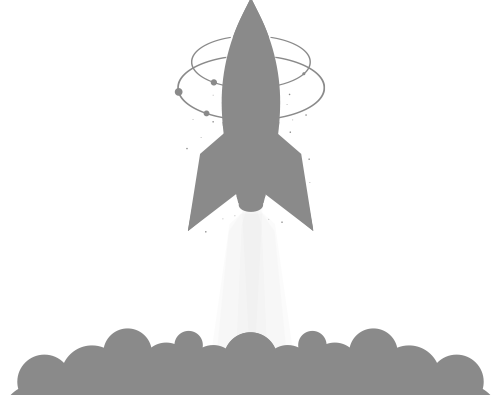

As a foreigner visiting Nigeria for the first time, knowing the best and safest places to exchange your money can help you avoid scams and ensure you get a fair rate. Below are the most common and reliable places to exchange currency in Nigeria.

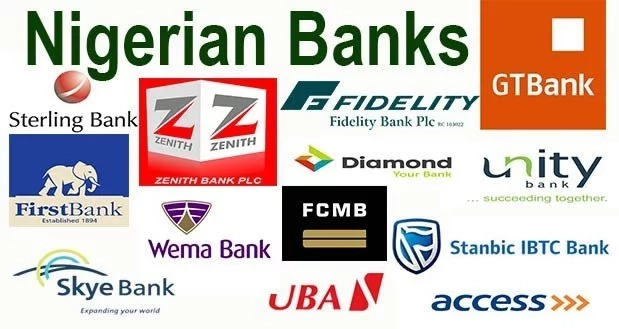
Commercial banks in Nigeria, such as GTBank, Zenith Bank, Access Bank, and First Bank, provide foreign exchange services at the official exchange rate.
Tip: Visit a bank branch during working hours (9 am – 4 pm) on weekdays and inquire about exchange rates before initiating a transaction.

Bureau De Change (BDC) operators are licensed by the CBN to provide forex services to the public. They operate independently but adhere to regulations that ensure compliance with Nigeria’s forex policies. BDCs are commonly found in airports, major hotels, and commercial areas.
Tip: Verify the legitimacy of a BDC operator by asking for their CBN license or checking their registration details. It's safer to use BDCs located within airports or reputable hotels.
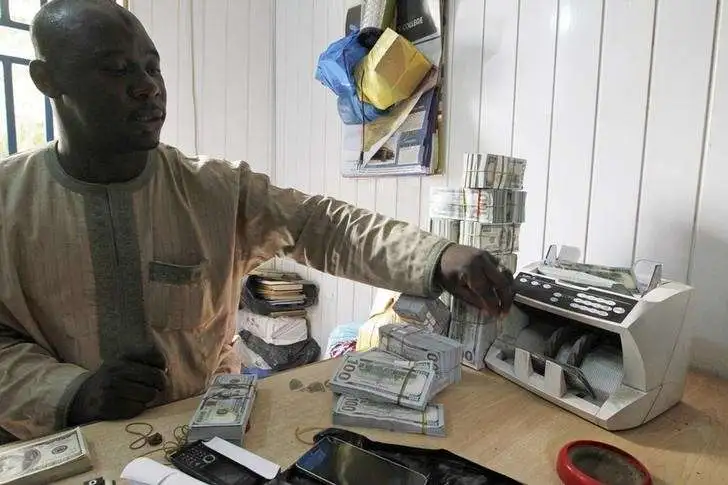

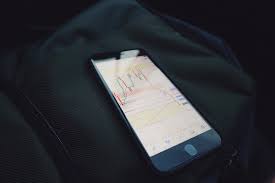
Digital platforms have revolutionized the foreign exchange space, offering convenient and seamless ways to exchange currency. Fintech platforms such as Payoneer, Wise (formerly TransferWise), and Skrill allow individuals to exchange and transfer foreign currency securely.
Tip: Ensure that the platform is licensed and has a solid reputation for security and compliance.

Peer-to-peer (P2P) platforms like Binance P2P allow users to buy and sell currencies directly with one another, eliminating the need for intermediaries. These platforms provide flexibility and competitive exchange rates.
Tip: Always verify the identity and reputation of the counterparty before proceeding with a P2P transaction.
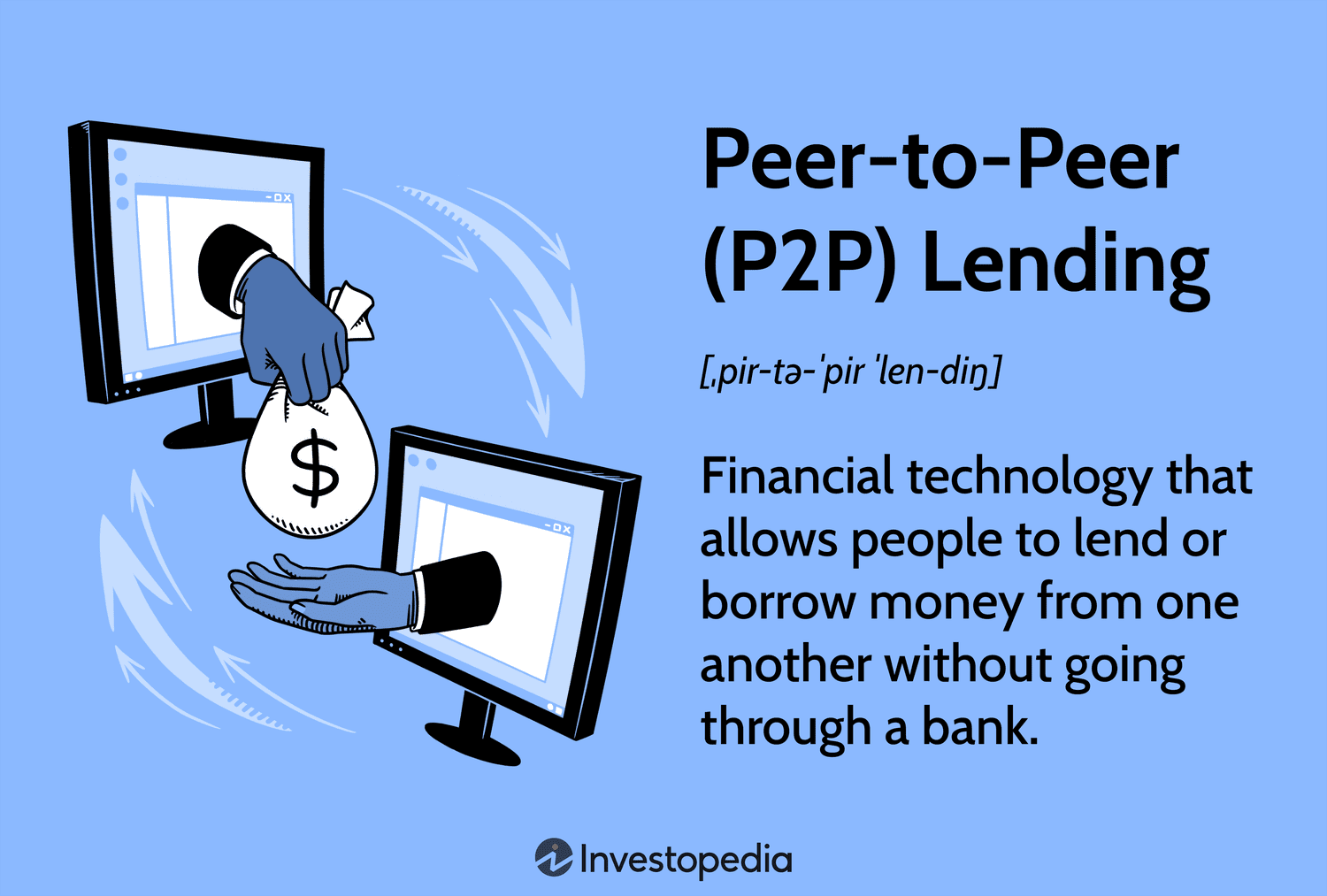

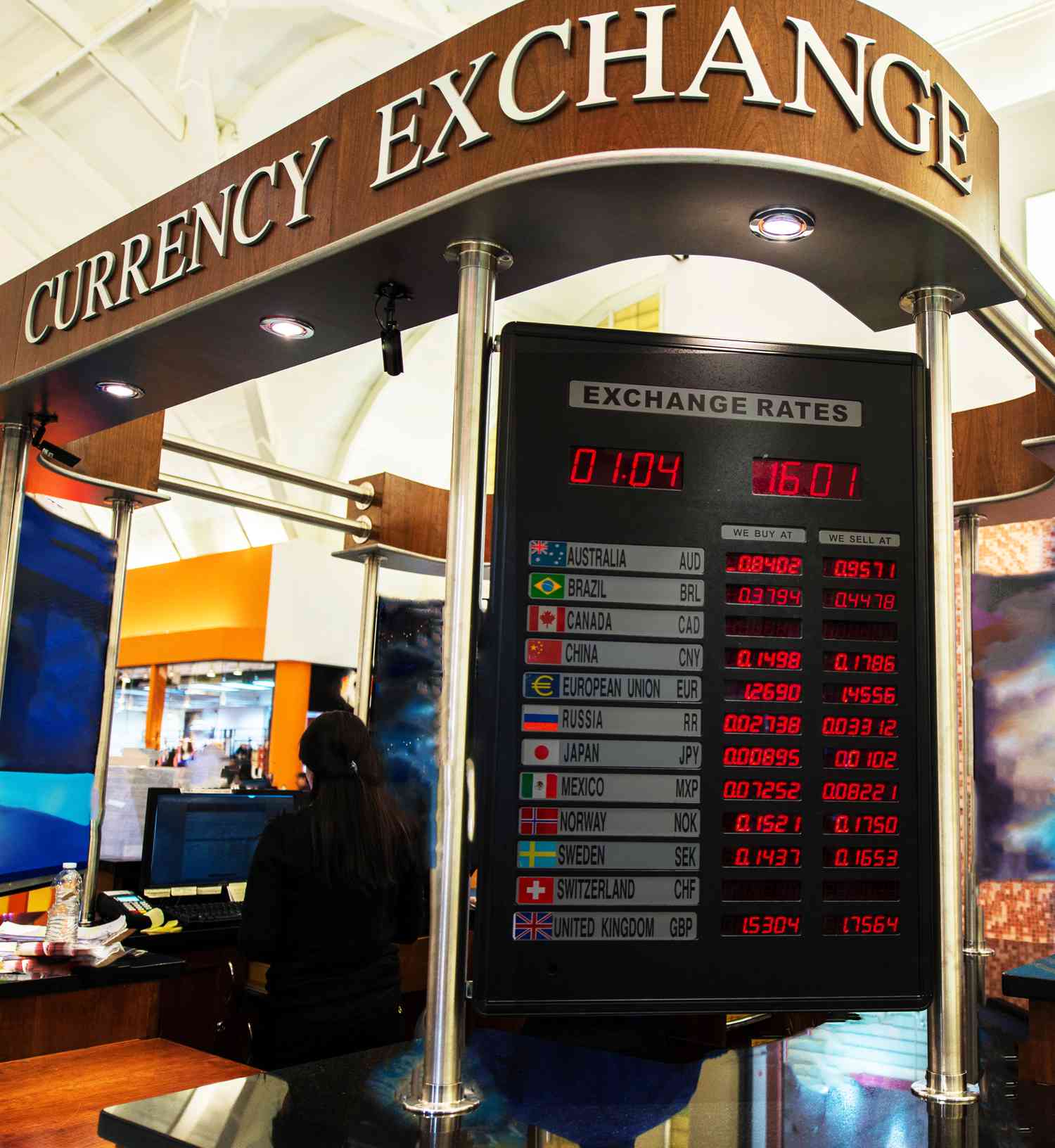
Airport exchange booths provide a convenient option for exchanging small amounts of money upon arrival. However, their exchange rates are often less favorable than other platforms.
Tip: Only exchange small amounts at airport booths to cover immediate expenses and seek better rates later.

When exchanging foreign currencies in Nigeria, especially through banks and authorized dealers, you will need to provide certain documents:
Valid International Passport – Proof of identity is essential for any financial transaction. Visa or Entry Permit – This shows that you have legally entered the country. Proof of Address/Hotel Reservation – Banks often require evidence of your accommodation in Nigeria. Tax Identification Number (TIN) – Required for certain high-value transactions.

Navigating Nigeria’s forex market safely requires taking precautions to avoid scams and fraudulent activities. Here are some expert safety tips:
Avoid Street Hawkers and Unauthorized Dealers Engaging with street hawkers or unlicensed money changers may seem convenient, but it exposes you to the risk of counterfeit currency or scams. Always use authorized BDCs, banks, or digital platforms.
Verify Exchange Rates Beforehand Exchange rates fluctuate frequently, so it’s essential to verify the current rate before making any transactions. You can compare rates from multiple platforms to get the best deal.
Count Your Money Carefully Before leaving the exchange booth or completing a P2P transaction, count your money carefully and ensure that the amount matches what was agreed upon.
Use Reputable Online Platforms When using online platforms, ensure that they have strong security protocols, such as two-factor authentication (2FA) and encryption, to protect your funds.
Stay Away from High-Risk Areas Avoid exchanging large sums of money in isolated or high-risk areas. Opt for secure environments such as banks or reputable BDCs.

To avoid falling victim to fraudulent BDC operators, follow these guidelines:
Check CBN Registration: Confirm that the operator is registered with the CBN. You can cross-check the list of licensed BDCs on the CBN’s official website. Request Proof of License: A legitimate BDC operator should provide proof of their license upon request. Look for Physical Office Address: A registered BDC operator should have a physical address that you can verify.

The CBN regulates all foreign exchange transactions in Nigeria. As a visitor, it's essential to familiarize yourself with the following policies:
Limit on Cash Exchange There are limits on the amount of cash that can be exchanged per transaction. Exceeding these limits may require additional documentation and approval from the CBN.
Documentation Requirements For high-value transactions, banks and BDCs may require additional documents, such as proof of the source of funds and a Tax Identification Number (TIN).
Declaration of Large Amounts at Ports of Entry If you’re bringing in large sums of money (above $10,000 USD or equivalent), you’re required to declare it upon entry to avoid legal complications.

To ensure a smooth exchange process, avoid these common pitfalls:
Exchanging All Your Money at Once: Exchange only what you need to avoid exposure to exchange rate fluctuations. Ignoring Exchange Rate Trends: Monitor exchange rate trends to get the best value for your money. Using Unauthorized Dealers: Avoid the temptation of higher rates from unauthorized dealers to minimize risks.

Exchanging U.S. dollars and other foreign currencies in Nigeria can be a straightforward process when done through legitimate channels. As a first-time visitor, understanding Nigeria’s forex landscape, choosing the right exchange platform, and adhering to safety protocols will ensure a seamless and secure experience. Whether you opt for commercial banks, licensed BDCs, or digital platforms, always verify rates and take precautions to safeguard your funds.
By following this comprehensive guide, you’ll be equipped with the knowledge and confidence needed to manage your foreign exchange transactions effectively during your stay in Nigeria.